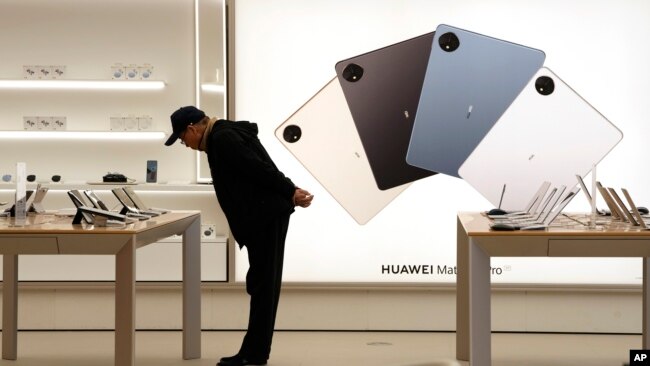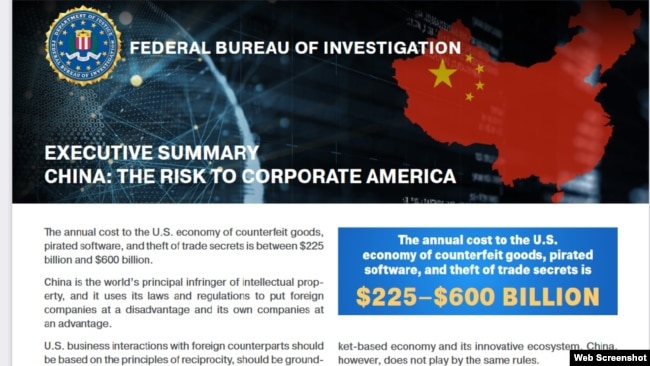News follows similar moves by U.S. and Japan as tech
tensions ramp up
Following Japan and the U.S., the Netherlands has announced further export controls on chip tools that will restrain China's semiconductor ambitions. (Source photos by Getty and AP)
CHENG TING-FANG, LAULY LI and RHYANNON IMADEGAWA-BARTLETTJune
30, 2023 20:00 JST
TAIPEI/LONDON
-- The Netherlands, home to the world's most valuable chip tool maker ASML, on
Friday followed Japan and the U.S. in unveiling details of new export control
rules that could deal a further blow to China's semiconductor ambitions.
The new regulation, which the Dutch
government first announced it would introduce on March 8, would
prevent ASML from exporting its advanced chip production tools without
licenses.
ASML is the world's biggest provider
of machines used in lithography -- a key part of chipmaking in
which chip designs are printed on wafers. The machines are crucial for making
everything from processors to memory chips.
ASML said two types of its machines
fall under the scope of the export control rules and would thus need licenses
for export, namely its advanced immersive deep ultraviolet lithography systems
(DUV). The machines are part of the TWINSCAN NXT:2000i and later immersion
systems, ASML said.
The advanced immersive DUV systems
are capable of building chips that are on the 16 nanometer level or more
advanced, according to industry executives. The U.S. export control regulations
cover a similar level of production capabilities but in regard to
different steps in the chipmaking processes.
"Shipments of other ASML
systems are not controlled by the Dutch government," ASML said in a
statement. The company will continue to comply with applicable export regulations,
including Dutch, EU and U.S. regulations, ASML said.
The export controls will take effect
on Sept. 1 -- later than Japan's rules, which are set to become effective
in late July.
ASML's advanced immersive DUV
systems are widely used by global chipmakers, including China's chipmaking
champion Semiconductor Manufacturing International Co., memory chipmaker YMTC,
and top Chinese DRAM memory chipmaker ChangXin Memory Technologies.
ASML's smaller peers in the
lithography machine segment are Nikon and Canon of Japan, and China's homegrown
Shanghai Micro Electronics Equipment (Group). The U.S. has no domestic
lithography chip gear maker.
The Dutch government's new
regulation also involves atomic layer deposition production tools -- known as
ALD -- another key process in advanced chipmaking, in which Dutch company ASM
International has the highest market share. ASM said it is still looking into
the latest export control regulations.
The Dutch government has blocked
shipments of ASML's most cutting-edge chip production tool, the
extreme ultraviolet system (EUV), to China since 2019 due to U.S. pressure,
Nikkei Asia first reported. The immersive DUV systems covered in the latest
regulations are less advanced than EUV, but the Dutch government considers
immersive DUV to be "dual-use" technology, meaning it can be used for
both commercial and military purposes.
"We've taken this step on
national security grounds," Liesje Schreinemacher, the Dutch minister
for foreign trade and development cooperation, said of the latest move.
The government said these specific technologies can be used in certain
advanced military applications, and their uncontrolled export poses
possible national security risks.
"We confirm that we do not
expect these measures to have a material impact on our financial outlook that
we published for 2023 or for our longer-term scenarios," ASML said in a
press statement.
The U.S. last October launched sweeping
export controls to curb all aspects of China's advanced chip
ambitions.
U.S.-based chip equipment makers
Applied Materials, Lam Research and KLA are blocked from shipping tools for
advanced chipmaking and engaging with clients without a license. The rules also
restrict U.S. nationals from working with Chinese chipmakers.
Japan and the Netherlands joined
forces in March with the U.S. in announcing export controls regarding
production equipment for advanced chipmaking, though neither mentioned China in
the details they unveiled.
Japan, the Netherlands and the
U.S. are the three most important countries in the supply of chip production
tools. Japan's Nikon and ASML are the leading suppliers of lithography
machines, and are not easily replaced.
https://asia.nikkei.com/Business/Tech/Semiconductors/Netherlands-unveils-chip-tool-export-curbs-in-fresh-blow-to-China









